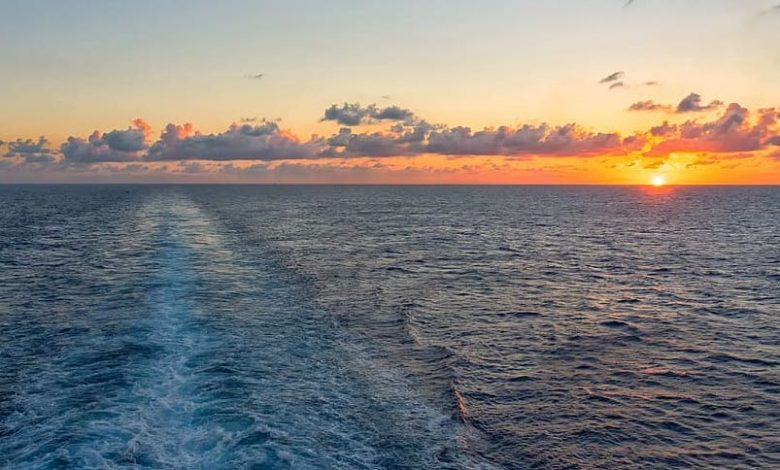Maritime CEO
Knight Associates: Why armed guards are not a cure for piracy

Dublin: The shipping industry is inundated with a bewildering array of private maritime security companies (PMSCs), some good, plenty bad. Taking a different tack is Daren Knight who founded Knight Associates in Ireland in early 2012.
Knight, an ex Royal Marine Commando, offers owners and operators guidance on how to handle piracy situations, and, crucially, he is not a scare monger like so many involved in the security business – if anything Knight’s work should reduce the call for PMSCs.
Knight works with operators to go through their entire fleet to conduct audits of their vessels, crews, management systems on piracy and put into place procedures to make transits safe.
“By taking on the policies, procedures and drills taught, shipping lines can ensure a standardised level of security throughout their fleets,” Knight maintains.
The defensive model is along the lines of deter, delay, deny.
“You have seen how Somali piracy has dropped off,” he tells Maritime CEO. “Just 0.1% of ships that transit the HRA are affected by pirate groups. Not all shipping needs armed guards, there is a time and place for them.”
Somali-based pirates are “criminals of opportunity”, says Knight. They have two objectives, to take control of a vessel and the crew as fast as possible so they are not injured or captured.
Knight’s team implements a defensive system onboard the vessel to make it hard to take control. “Pirates,” he says, “when they look at our vessels, know our vessels are well protected so it will take too long and are deterred.”
Knight argues that his service is an alternative cost effective measure against piracy.
“Teach a man to fish and he will be able to eat forever,” he says, stressing, “The shipping industry does not need armed guards everywhere.”
Knight Associates can put onboard an unarmed subject matter expert to transit dangerous areas to keep the crew and captains at ease, though this is something that should not be needed if a company goes through all Knight’s audits and drills.
“Others would say it’s all about guns,” he says. “If that was the case you’d put armed guards at sweet shops.”
Not only is his method cost effective, but Knight maintains it boosts the morale onboard. By constantly having men with guns around, the fear factor for seafarers is naturally higher.
Knight has been vocal in his condemnation of many PMSCs, coming under fire on social media of late from US-based AdvanFort, which has had a ship and its crew arrested in India recently. Knight sees the maritime security industry as one with extremely worrying diverse levels of quality.
Knight Associates have been onboard ships as ‘superintendents’ to check out existing PMSCs, and carried out due diligence on a number of PMSCs, something that has only served to heighten Knight’s concerns about the sector.
“Legal transparency is required,” he stresses, while noting that will be difficult as there are so many parties involved in maritime security.
“It is a system that is open to abuse as there are so many involved parties and no centralized control measures,” he notes.
“Having armed guards onboard is sticking a plaster over a broken leg,” he says, the broken leg being Somali piracy. “You are not fixing anything in the long term. Keeping armed guards on ships forever is only going to be an unnecessary cost to commercial shipping owners, when it’s a level of defence that is not proportional to the threat. I will teach operators how to fish, that way they will save money,” he says.
PMSCs still have a place, however. Knight suggests they are most needed when a vessel is small or difficult to defend.
Nevertheless, amid a sector that tends to peddle fear to garner business, Knight’s thoughts are refreshingly different. [24/10/13]
